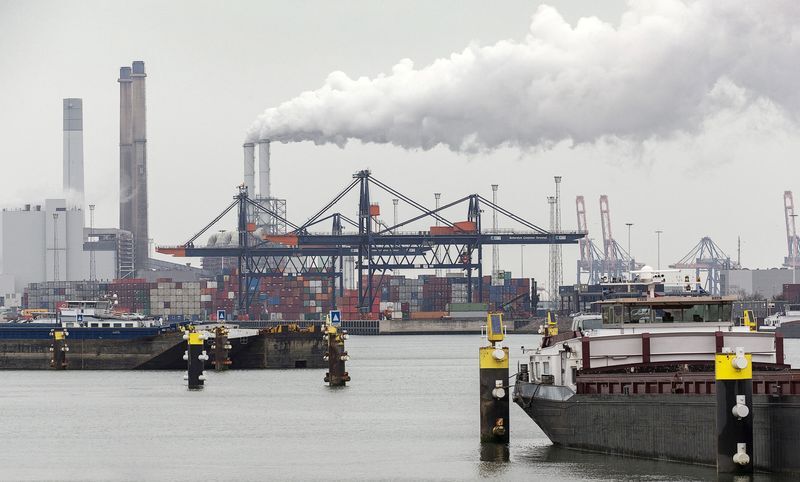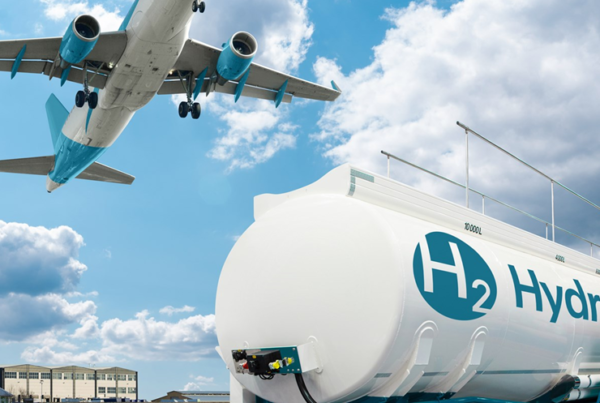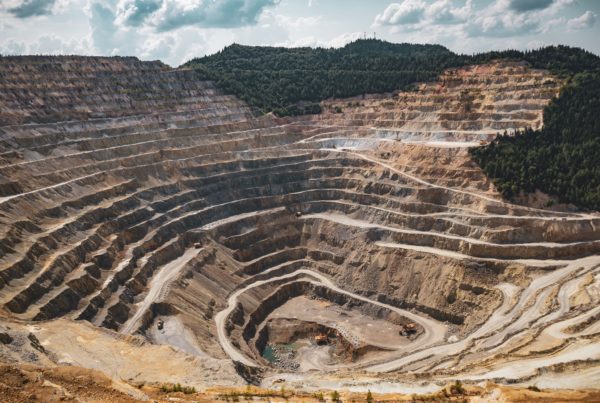
AMSTERDAM (Reuters) – Europe’s biggest port has tripled its estimate for the amount of sustainably produced hydrogen it expects to be able to deliver to northwest Europe each year by 2030, in a boost for the region’s attempts to cut greenhouse gas emissions.

FILE PHOTO: A container terminal is seen in the port of Rotterdam, the Netherlands, March 21, 2016. REUTERS/Michael Kooren
Rotterdam port said on Tuesday current plans and projects by companies in the port area and exporting countries could deliver 4.6 million tonnes of hydrogen per year by 2030.
Most of the increase would come from imports, which could reach 4 million tonnes by 2030, with local production seen at around 600,000 tonnes, according to the plans.
Both import and production would be a mix of “green” hydrogen, which is derived from renewable energy, and “blue” hydrogen, made from natural gas in a process in which emissions of CO2 are captured and stored.
Currently, no green or blue hydrogen is imported into Rotterdam, a port spokesperson said, adding its previous expectation was to reach 1.5 million tonnes of sustainable hydrogen by 2030.
Hydrogen in Rotterdam is currently only derived from gas in a process that creates considerable CO2 emissions.
Hydrogen is an alternative to natural gas as energy and a raw material. The European Union is banking on hydrogen derived from renewable energy in the transition to cleaner energy.
The EU wants to produce 10 million tonnes of green hydrogen by 2030 and import a further 10 million tonnes, EU climate policy chief Frans Timmermans said on Tuesday.
For green hydrogen to take off, however, governments need to ensure energy from fossil fuels would no longer be cheaper than sustainable alternatives, the port said.
The European Commission will next week propose a widespread rollout of CO2 “contracts for difference” schemes to address this issue and support green hydrogen projects, Timmermans said.
The EU will also propose regulations defining which types of hydrogen count as “green”, which the port said was needed to make sure hydrogen imported from outside Europe would also be accepted as green.
Europe already uses hydrogen in some industrial processes, but 90% of that is currently produced from gas in a process that emits CO2.
SOURCE: MarketScreener
Read the most up to date Fuel Cell and Hydrogen Industry news at FuelCellsWorks




